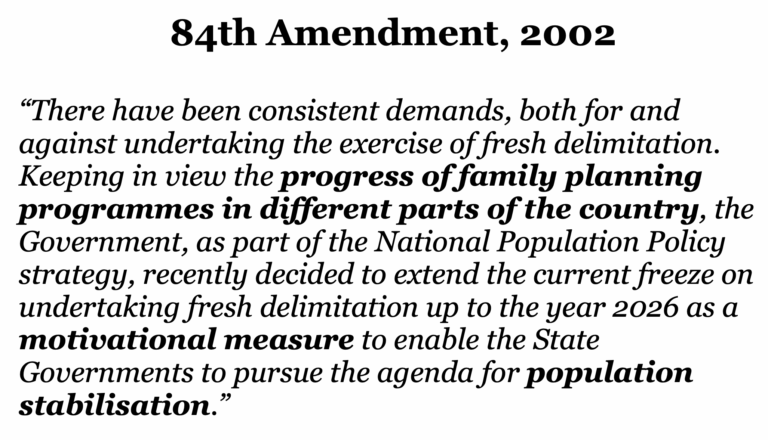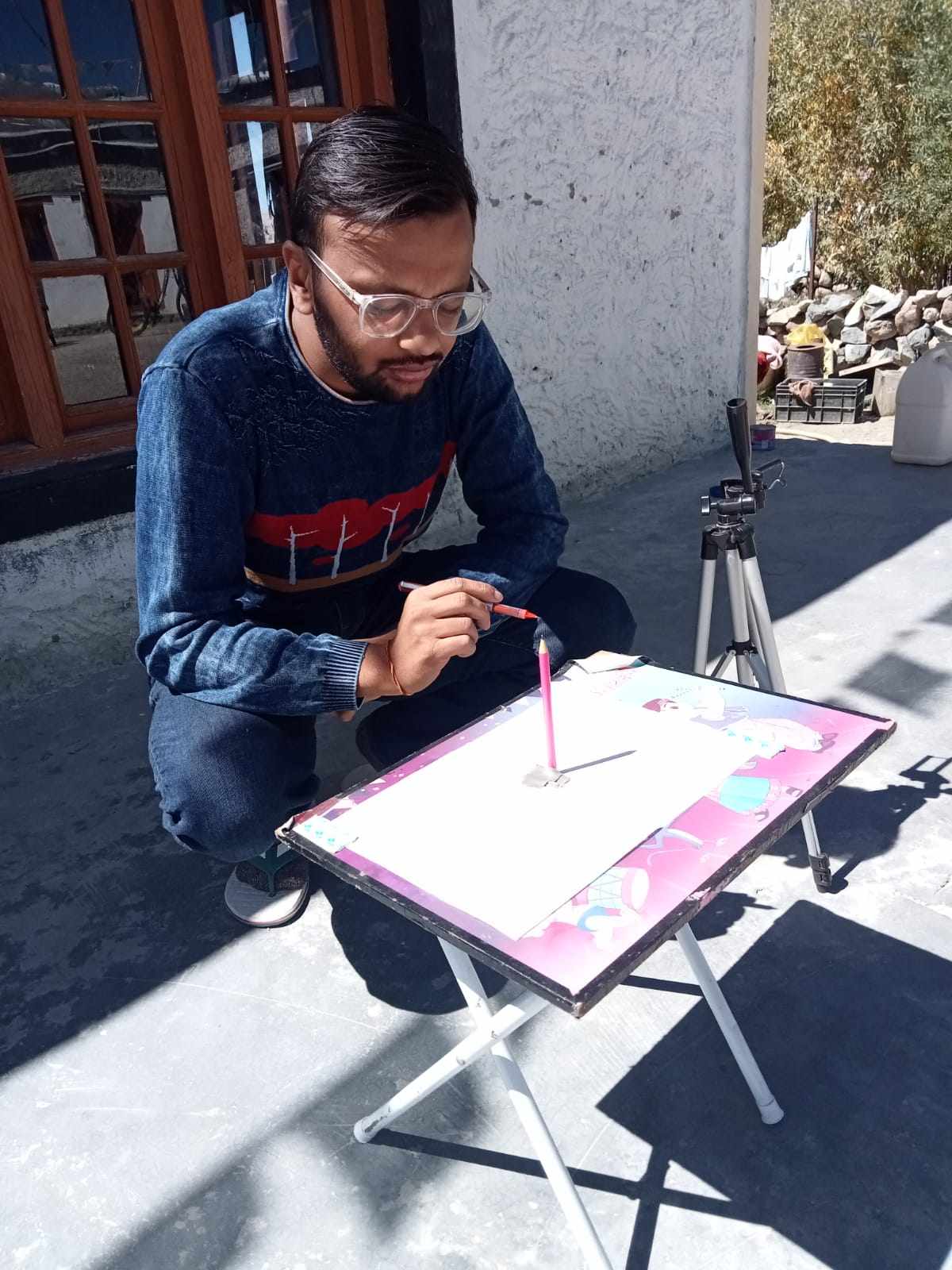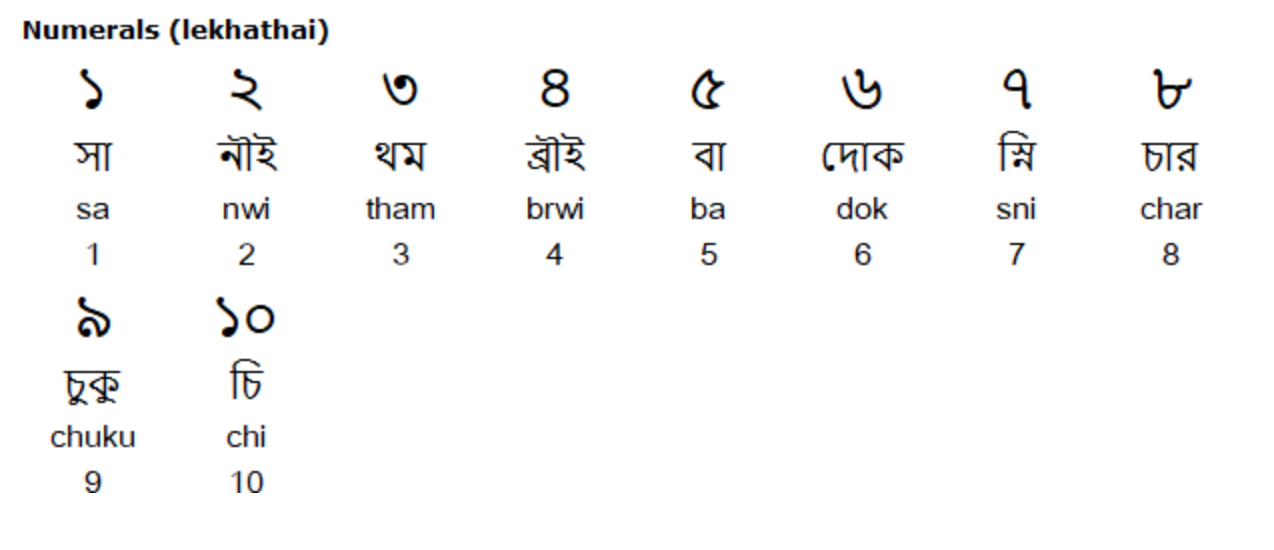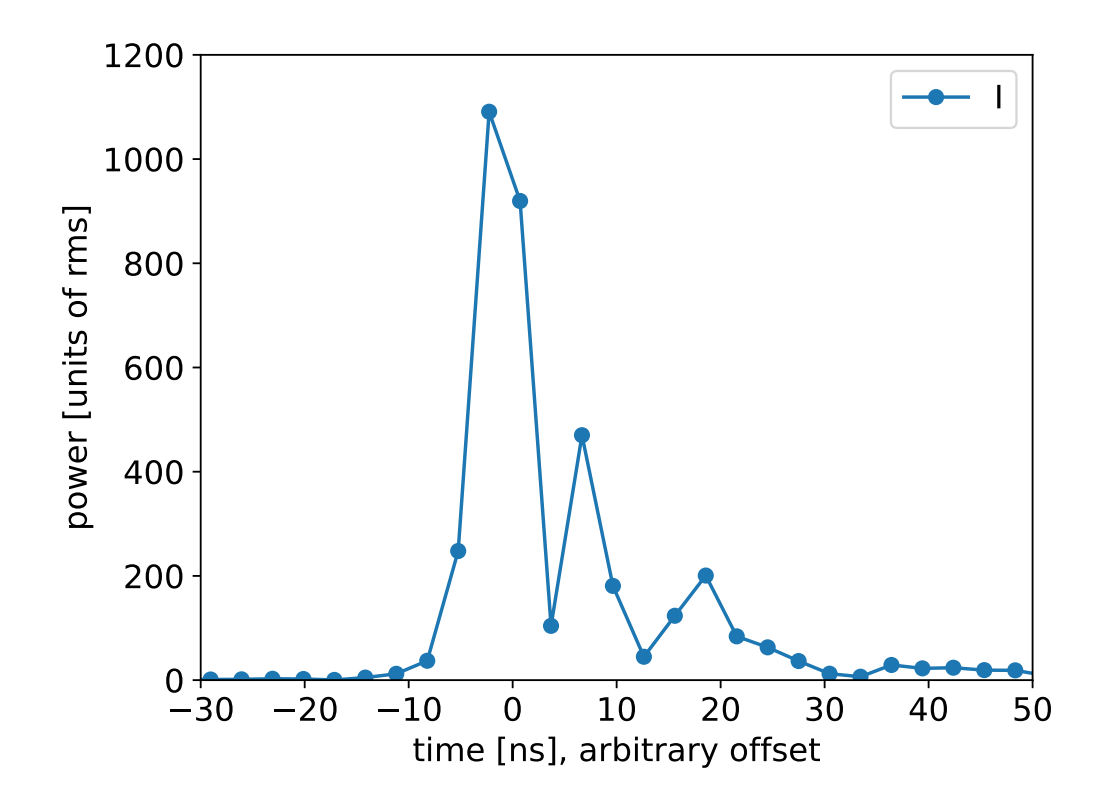Going to college in rural Rajasthan, I've always felt, was an education. But not so much because of the engineering and so forth I learned (or didn't learn, more like it) there. It was an education, above all, about this country I live in.
I arrived there as this city-bred dude, fluent in English, vaguely supercilious about others not as fluent, not city-bred. Somehow I had the impression that being supercilious in this way was enough to guarantee me good grades.
Of course, that impression came crashing down with my very earliest tests and quizzes. As it had to.
For example, there was young Kailash Chand Pareek, from small-town Sikar in Rajasthan. We met in our first few days on campus. Despite his halting English and my even-more halting Hindi, something clicked and we became good friends. But I still - and I cringe writing this - assumed I would outdo him, grades-wise, solely because of my inflated opinion about myself.
Except, I didn't. Except, he was far better than me in nearly every course we did together. Because he didn't wrap himself in stupid airy notions like I did - he simply worked.
So I swiftly gave up those notions. It's a lesson I'm grateful for to this day.
There were other lessons. My Hindi quickly got better - or my colloquial Hindi at any rate, perhaps more correctly referred to as Hindustani. With that came an appreciation for some of the nuances of the language. In particular, there was one word that I had never really heard used before arriving at college. Now, I had friends who used it in conversation, but invariably as a joke. It was some years - long after I graduated - before I realized that as usually used, it is no joke at all.
That word is auqaat. As far as I know, it has no equivalent in English. But let me try. It means "class", but in the sense of "position in society". It is used to remind people of their particular such position, to suggest not-very-subtly that they should "stay there", not try to "rise above" it.
So: Usne apni auqaat dikha diya: he has shown us his true position/his true colours - but always implying a sneer. Main tumko tumhari auqaat dikha doonga: I will show you your place. Apni auqaat ko samajh lo: understand your place. Tumhari auqaat mein raho: stay in your place (in society).
There are many ways you can use the word, maybe you get the idea. It is invariably a way to assert a degree of superiority over someone, reminding them of their less-exalted station in life. It is a uniquely Indian word, drenched in uniquely Indian notions of hierarchy and caste. Being all that, it is a fundamentally offensive word.
All this came flooding into my mind the day before the final match in the gripping India-England Test series that just concluded. This was when Gautam Gambhir, the Indian coach, got into an argument with Lee Fortis, the groundskeeper at the Oval in London, where the fifth and final Test was played.
Apparently Fortis asked Gambhir and the rest of the team not to get too close to the pitch that would be used for the match. Now I have no way of knowing whether this was a reasonable request, nor do I know the language Fortis used. Maybe he was rude, maybe obnoxious.
What I do know is how Gambhir reacted. Wagging his finger at Fortis, he said: "You are just a groundsman, nothing beyond that. You are just a groundsman. You're just a groundsman. You are a groundsman. You are just a groundsman. Stay in your capacity." (Video here.)
Every Indian, but particularly every Indian who understands Hindi, knows exactly what Gambhir was saying to Fortis. Stay in your capacity: Tumhari auqaat mein raho.
This is unacceptable anywhere. Gambhir should be severely censured, at the very least. (Fired, if you ask me.) But every Indian, and certainly every Indian who understands Indian cricket, also knows that nothing of the sort will happen. Why, there are already those who applaud Gambhir for "standing up to the colonialists".
I used quotes there deliberately, because it seems to me we stand up to the colonialists when they respect us. Not when we presume the work they do makes them somehow inferior and we tell them to "stay there".
I used quotes there too. Because that and "rise above" are phrases, in this context, that I don't understand. You see, I did learn this ghastly word when I went to college in rural Rajasthan. But it's one of those things about my country that I don't understand. For which, to this day, I'm grateful. For yes, I also learned in college that there are some things I need not understand.
That we all need not understand.
















Write a comment ...